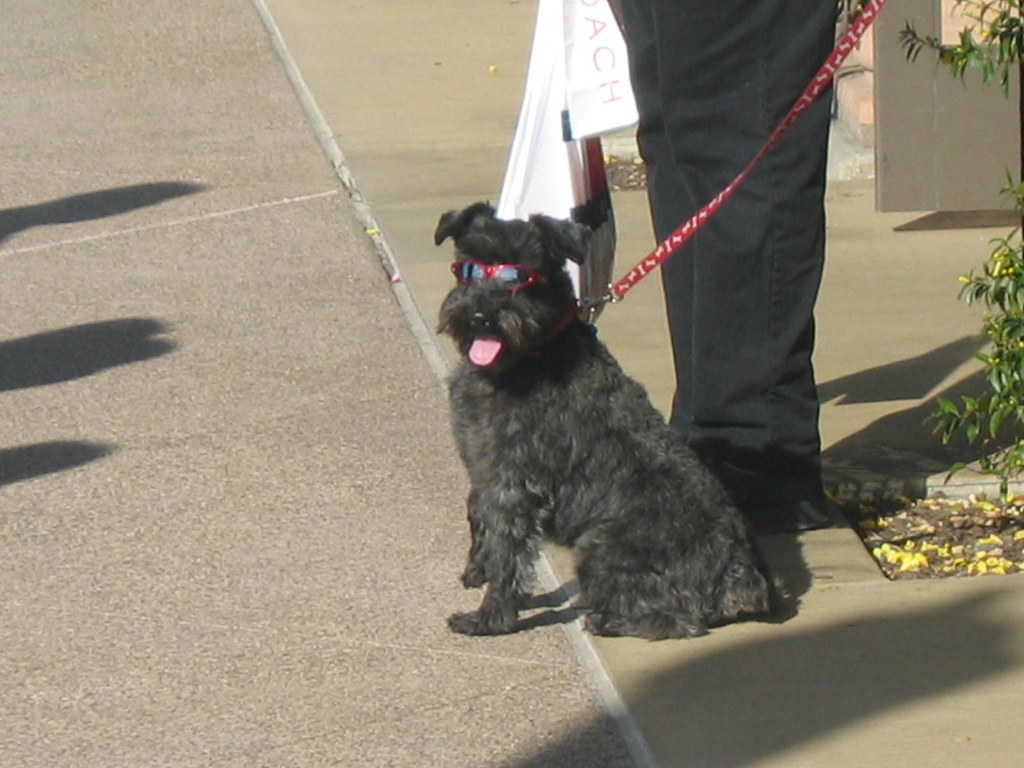Dog wipes are convenient. You can bring them along wherever you go. They are an essential accessory for maintaining the hygiene of your furry friend, who is the king of your house.
Instead of taking a long time to give your dog a full shower when they’re dirty, you can use these wipes to quickly clean off mud or stains from their tears or paw pads.
Not only are these wipes clean, but they also leave a pleasant smell on your dog’s fur and eliminate any unpleasant odors. They are absorbent and can reach all areas of your dog’s body, including the intimate parts and areas where mucus may accumulate.
Planning a trip or a walk with your little one? Don’t want them to make a mess when you return? No worries! Use an aloe vera wipe to freshen them up, and the problem is solved!
Table of Contents

Are dog wipes bad for them?
There are many different types of dog wipes available today, but it’s important to be cautious and understand which ones are safe to use. Taking care of your dog’s hygiene is very important, and wipes can be helpful, but they are not a complete solution.
Regular brushing is necessary to remove dead hair, dust, and debris from your dog’s coat. It’s also important to give your dog a thorough bath. How often you brush and bathe your dog depends on their coat type, so it’s a good idea to gather all the necessary information.
If you’re not sure about grooming your dog, it’s okay to get help from professional groomers. They have the right tools and skills. But, it’s still important to keep up with daily hygiene. Using dog wipes can be handy for this.
The key is to choose wipes that are safe for your dog and won’t harm their skin’s pH balance. Many wipes are scented to mask unpleasant odors, but perfumes and chemicals can damage your dog’s delicate skin and cause allergies and irritations.
Don’t use too many wipes on your furry friend because their skin makes a protective substance called sebum. This helps shield them from bad bacteria, tiny organisms, and small injuries.
Removing this natural protection can leave your dog more vulnerable to fungal infections, bacterial infections, and insect bites.

Are there special wipes for dogs?
Yes, indeed! This product is a real time-saver. It’s so convenient because it doesn’t take up any space. You can carry it in your purse, backpack, or anywhere else you need it.
Moreover, these wipes can come to your rescue in any unexpected situation outside your home. For instance, if your dog is feeling unwell and can’t wait to relieve himself, or if he accidentally gets dirty or vomits, these wipes will be a lifesaver.
Not only that, but these wipes are also great for reducing the frequency of bathing your dog. With one wipe, you can remove dirt and bad odors, making it unnecessary to bathe your furry friend too often. This is important because bathing your dog too frequently can harm their coat and skin.
You’ll be grateful to have a pack of wipes when your dog comes back from a muddy and dusty walk. It will prevent your home from getting messy and save you from the hassle of cleaning up.
How often should I clean my dog with a wipe?
You can use these wipes whenever you need to! They won’t irritate your pet’s skin, so you can use them every day without any worries.
If your dog has sensitive skin, make sure to find hypoallergenic wipes. These wipes won’t cause any irritation.
It’s a good idea to use wipes for your dog’s eyes every day. Some dogs have watery eyes and end up with red and brown spots around their eyelids. It doesn’t look very nice!
When it comes to your dog’s ears, it’s recommended to use the wipes between two and four times a month.

When to use dog wipes?
After you come back from a walk, make sure to clean your pet’s pads, paws, and fur. Be careful to check for any grass spikes stuck between their nails. These spikes can cause discomfort to your pet, especially if they get embedded deeper into the skin.
It’s important to remove dirt and excess wax from your dog’s ears, at least twice a month. This will help keep their ears clean and healthy.
During the heat cycle, it’s necessary to soothe and clean the private parts of female dogs. This will help cool their body and prevent any blood from staining your couch or carpet.
What benefits do dog wipes have?
These wipes not only leave your pet feeling refreshed and clean but also save you a significant amount of time.
Moreover, they are super convenient as they don’t take up much space. You can carry them in your pocket or store them anywhere. Plus, they stay fresh and protected in their sealed package.
Some brands go a step further by infusing the wipes with liquid made from natural plant extracts known for their soothing properties. If your dog is feeling stressed, scented wipes are perfect for them.
Why can’t human wipes be used on dogs?
It’s crucial to avoid using regular wipes to clean your pet’s skin, ears, eyes, or paws. The wipes that people use are not suitable for their skin or pH level, which can lead to itching and irritation, especially for dogs with sensitive skin.

Alternatives to dog wipes
We have another option to keep Fido clean and fresh – using a dry shampoo recommended by vets. Apply this special shampoo to Fido’s well-brushed coat and then brush it again to remove any dirt or debris. It works well for dogs with long hair prone to tangling, as it also helps detangle their fur.
If Fido has a bad smell, we can make a natural DIY deodorant using apple cider vinegar and water. We mix them in a ratio of 1 to 2 and spray them on Fido’s coat, making sure to avoid the eyes.
If Fido’s smell doesn’t go away even after using wipes, shampoos, and natural deodorants, it’s important to consult the veterinarian. It could be a more serious problem related to Fido’s diet or an infection.
References: Yamiz, Rover